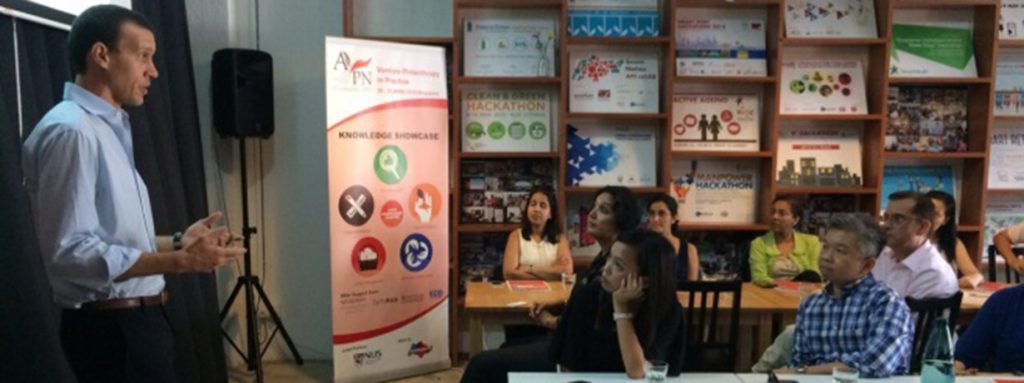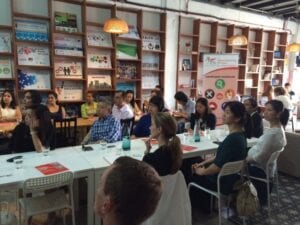20 AVPN members and friends joined May’s Friday lunch meetup to know more about a new fund – The Conservation Enterprise Development Fund, initiated by AVPN member, Wildlife Conservation Society (WCS).
Impact investing has become a growing asset class that has the potential to change both the way companies do business and the way financial institutions and individuals invest. However, to date, very few impact investors have engaged in businesses that help to solve environmental conservation problems, and this is a serious missed opportunity considering the current biodiversity crisis in Asia, as well as globally.
Todd Stevens, Executive Director of Conservation Science and Solutions, first discussed the definition of conservation enterprise and then identified the gaps of sourcing high quality conservation enterprises. Structured in two phases, the Conservation Enterprise Development Fund plays a unique role to bridge the disconnect between the impact investors and environmental impact.
In the discussion, participants exchanged experiences on talent shortage, impact measurement, and relationships with government in working with conservation related projects. They left the session with a better understanding of the unique challenges faced by conservation enterprises and impact investors.
About the Conservation Enterprise Development Program
The Conservation Enterprise Development Program is a new program which leverages on market-based forces and impact investing to solve conservation problems and simultaneously assist some of the most remote and marginalized rural communities across the developing world in Asia, Africa and Latin America.


















